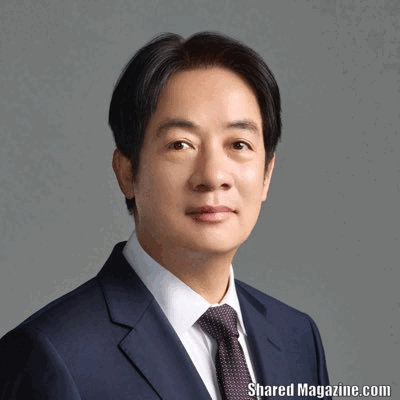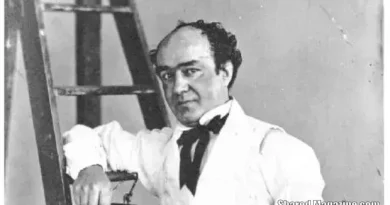Unveiling the Enigma: Lai Ching-te – Taiwan’s Visionary Leader
Introduction
In the dynamic tapestry of global politics, certain leaders emerge as enigmatic figures, captivating the imagination of both their constituents and the international community. Lai Ching-te, the former Premier of Taiwan, is one such charismatic and visionary leader whose impact transcends the boundaries of his island nation. As we delve into the life and leadership of Lai Ching-te, we uncover a narrative that intertwines resilience, innovation, and a deep commitment to democratic values.
Rising from the Ashes
Lai Ching-te’s journey is a testament to the indomitable spirit that defines great leaders. Born in 1959 in Pingtung, Taiwan, he witnessed firsthand the tumultuous period when Taiwan was under martial law. This backdrop forged his commitment to democracy and shaped his resolve to bring positive change to his homeland.
Lai Ching-te political journey began with activism during the martial law era, advocating for human rights and democratic reforms. His early experiences as a human rights lawyer laid the foundation for a career dedicated to fighting for justice and freedom. The seeds of leadership were sown during these challenging times, nurturing the qualities that would later define his tenure as Taiwan’s Premier.
The Innovation Lai Ching-te
As Premier, Lai Ching-te championed innovation as the driving force behind Taiwan’s economic and technological advancements. Recognizing the global shift towards a knowledge-based economy, he spearheaded initiatives to transform Taiwan into a hub for innovation and technology.
Under Lai Ching-te leadership, Taiwan embraced policies that nurtured a culture of entrepreneurship and research and development. The results were palpable, with Taiwan becoming a global leader in industries like semiconductor manufacturing and information technology. Lai’s foresight and commitment to technological advancement positioned Taiwan as a key player in the fourth industrial revolution.
Greening Lai Ching-te Future
Lai Ching-te’s environmental stewardship also stands out as a hallmark of his leadership. In an era where climate change is a pressing global concern, Lai took bold steps to make Taiwan a model of sustainability. His administration implemented policies to reduce carbon emissions, promote renewable energy, and protect the island’s natural resources.
One of Lai Ching-te notable achievements was the ambitious plan to phase out nuclear power and increase the share of renewable energy in Taiwan’s energy mix. This commitment to a greener future not only earned him accolades domestically but also positioned Taiwan as a leader in the global fight against climate change.
Champion of Democratic Values
At the core of Lai Ching-te’s leadership is an unwavering commitment to democratic principles. Having lived through Taiwan’s transition from authoritarian rule to democracy, Lai understands the value of preserving and strengthening democratic institutions. His tenure as Premier was marked by a dedication to transparency, accountability, and citizen participation.
Lai Ching-te approach to governance emphasized open dialogue and collaboration. He engaged with various sectors of society, including business leaders, activists, and academics, to ensure that policies reflected the diverse needs of the Taiwanese people. This inclusive leadership style not only bolstered democratic values but also fostered a sense of national unity.
Conclusion
Lai Ching-te’s legacy is etched in the annals of Taiwanese history as a transformative leader who navigated the complexities of governance with resilience and vision. From his roots as a human rights advocate to his tenure as Premier, Lai exemplifies the qualities of a forward-thinking statesman committed to progress, innovation, and democratic ideals.



